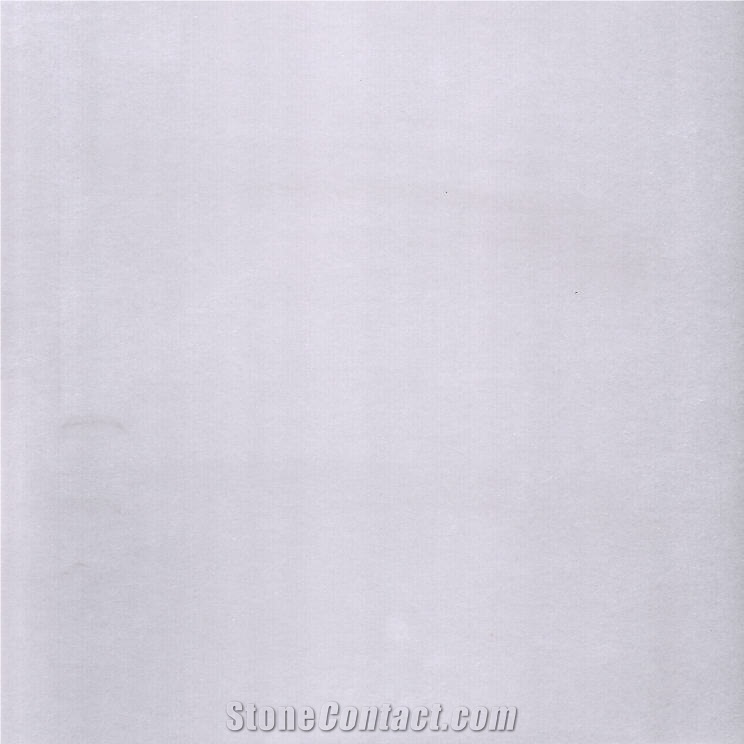Dalati Marble
 Ethiopia
(Mendi, Wolega)
Ethiopia
(Mendi, Wolega)
Dalati Marble is an elegant and distinctive dolomitic marble quarried in Mendi, Wolega, Ethiopia. Renowned for its pure white color with soft gray shades, this marble offers a timeless and sophisticated appearance, making it a sought-after choice for various architectural and design applications.
The pure white base of Dalati Marble creates a sense of purity and brightness, while the subtle gray shades add depth and dimension to the stone. The dolomitic composition of the marble contributes to its durability and unique characteristics, making it suitable for both interior and exterior use.
The quarrying location in Mendi, Wolega, Ethiopia, adds a geographical significance to Dalati Marble, and the stones extracted from this region often showcase distinctive veining and patterns that enhance their natural beauty.
Due to its aesthetic appeal and versatility, Dalati Marble is commonly used for flooring, wall cladding, countertops, and other decorative elements. Its classic color palette and sophisticated appearance make it a suitable choice for a range of design styles, from traditional to contemporary.
It's important to note that marble is a natural material, and variations in veining and color are inherent, adding to the uniqueness of each slab. Proper care and maintenance will help preserve the beauty of Dalati Marble over time, allowing it to remain a timeless and luxurious addition to any space.

Can Ethiopia's Dalati Marble be used in a kitchen?

What grade is Ethiopia's Dalati Marble?

Are there color variations of Ethiopia's Dalati Marble?

Can Ethiopia's Dalati Marble be used exterior applications in cold climates?

Can Ethiopia's Dalati Marble be used in landscaping?

What is the coefficient of friction of Sandblasted Ethiopia's Dalati Marble tiles?

How thick is Ethiopia's Dalati Marble slabs?

Is Ethiopia's Dalati Marble an expensive stone?
-

 Ethiopia
Ethiopia
 Verified Supplier is for prove company authenticity,including business license,trade license and effective office space,to enhance buyers' trust to suppliers and their products, reducing communication costs.
Verified Supplier is for prove company authenticity,including business license,trade license and effective office space,to enhance buyers' trust to suppliers and their products, reducing communication costs.
Contact Supplier
-

 China
China
 Verified Supplier is for prove company authenticity,including business license,trade license and effective office space,to enhance buyers' trust to suppliers and their products, reducing communication costs.
Verified Supplier is for prove company authenticity,including business license,trade license and effective office space,to enhance buyers' trust to suppliers and their products, reducing communication costs.
Contact Supplier
-

XIAMEN REFINESTONE INDUSTRIAL CO.,LTD.
 China
China
 14YRDiamond members are premium members on platform, providing members with comprehensive approach to promoting their products, increasing products exposure and investment return to maximize.
14YRDiamond members are premium members on platform, providing members with comprehensive approach to promoting their products, increasing products exposure and investment return to maximize.
 Verified Supplier is for prove company authenticity,including business license,trade license and effective office space,to enhance buyers' trust to suppliers and their products, reducing communication costs.
Verified Supplier is for prove company authenticity,including business license,trade license and effective office space,to enhance buyers' trust to suppliers and their products, reducing communication costs.
Contact Supplier
The request includes: 1. surface finished, size 2. quantity required






